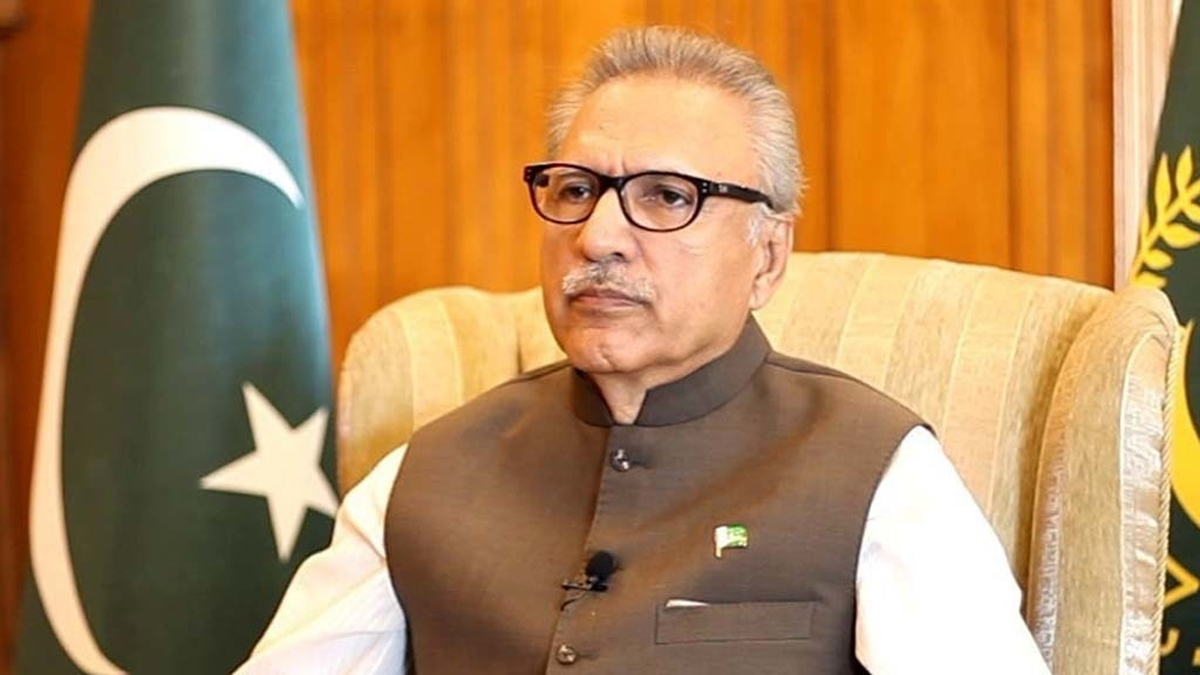
Military’s Late-Night Confirmation
The appointment process is officially underway following the military’s late-night confirmation that a summary with the names of six of the army’s senior-most generals had been given to the administration.
In addition to rumours about who will get the baton, there are concerns that things might get chaotic before the week is up. It appears that the likelihood that the president could still significantly impede the appointment process is the main worry in some circles.
New Army Chief by PDM Government
Although the leader of the Pakistan Tehreek-i-Insaf (PTI) and former prime minister Imran Khan appears to have changed his mind about opposing the appointment of the new army chief by the PDM government, there is still talk that President Arif Alvi, a supporter of the PTI, might throw a wrench in the works.
What Options Does Alvi Have?
But how—and can he—really achieve that? The nuances of the law and the unique authorities enjoyed by the head of state and head of government under the Constitution hold the answers.
According to the Constitution, the president may hold onto any summary the prime minister sends him for a period of 15 days before returning it for revision. Even if the president doesn’t sign it, the prime minister can submit the same, unchanged summary back to him and it will be considered accepted this time. However, even in that case, the president is free to ignore the issue for another 10 days.
Then there is the equally crucial query of who makes the final decision about the nomination of the army chief.
The question of whether the president should name the army chief at his discretion, after consulting with the prime minister, or be obligated to follow whatever “advice” the prime minister gives him in accordance with Article 48(1) of the Constitution has been the subject of a protracted debate.
Read More | Pakistan Remains Key Regional Ally for US
Read More | Pakistan Nears Moment of Truth in COAS Sweepstakes
What Does The Constitution Say?
The relevant section of the 1973 Constitution, Article 243, has undergone at least five different amendments as a result of disputes between dictators and civilian governments about who should have the authority to make this important appointment.
Article 243 of the 1973 Constitution’s original version stated that the prime minister should have the authority to name the chief of the army staff, subject to the legislation. But according to the law as it stands right now, the president should make that decision and should follow the prime minister’s recommendations.
The latter requirement follows from Article 48(1), which states that the president “must act [on and] in conformity with the recommendation of the cabinet [or the Prime Minister] in the discharge of his powers.”
President ask the Cabinet
With the caveat that the president may, [after fifteen days], ask the cabinet or, as the case may be, the prime minister to rethink such advise, either generally or otherwise, and the president shall [within ten days] act in line with the advice offered after such reconsideration.
Even if the president does not give his or her approval within ten days of receiving it again, the prime minister’s recommendation or summary will be regarded as having been accepted.
Choice of Army Head
There is another twist in the story: in accordance with the laws of business, the president is also permitted to request the prime minister’s advice regarding the choice of the army head. According to the norms of business, the prime minister will speak with the president before appointing anyone above the rank of lieutenant general in the army or an equivalent rank in the other defence services.
According to Mr. Ghumman, despite numerous changes to Article 243, the laws of business remain intact, which is the cause of this gap. He says that if power was to belong exclusively to the prime minister, the consultation requirement should also have been eliminated, but it wasn’t. That does not, however, mean that the prime minister is without options.



